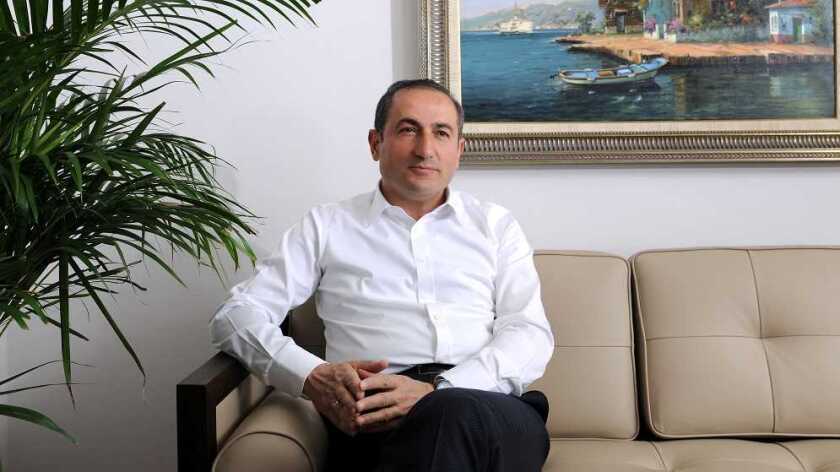How is the wholesale data business affected by the acceleration in demand for data?
The quality, speed, availability, and latency of the data connection is more significant than ever. The wholesale data business is directly affected by these changes that require better service quality, more capacity and lower prices.
In this competitive environment, it is apparent that supplying core services alone is no longer enough to grow your business. With increasing demand for capacity and decreasing prices, infrastructure providers can barely keep their existing revenues.
How does TTI position itself in this ever-changing competitive landscape?
Having a growth story is possible through exploring services beyond core areas. Value added enterprise services become indispensable to meet both customer expectations and company growth.
These new challenges also force TTI to go beyond the core business of international capacity transport. That’s why we are adding value to our infrastructure with new services that can meet the needs of the market.
Can you give an example for these new services you are adding?
TTI’s versatile IP product portfolio is designed to fulfil customer demands. TTI offers IP products to international service and content providers, to enable them to reach Istanbul using TTI’s infrastructure and to host their servers in TTI’s Istanbul data centre.
Besides traditional IP transit services we can provide dedicated access to the majority of Turkish eyeballs through our parent company’s nationwide IP infrastructure, and a one-stop shop solution for customers to peer at the biggest European internet exchange points. Major global cloud and content providers have already commenced operations in Istanbul via TTI’s IP products and robust network capabilities, including four diverse fibre routes from Western Europe into the main data centres in Istanbul.
Is TTI equipped to meet the increasing demand for capacity between Europe and the Middle East?
Despite all the challenges presented by the global pandemic, TTI successfully completed two major investment projects in 2020 to expand its infrastructure and provide its customers with diverse routes.
One of these major investment projects is the TTI New Backbone, connecting İstanbul, Sofia, Bucharest, Budapest, and Vienna through two different protected routes in Europe, with endpoints in Istanbul and Frankfurt, each with a fibre network of over 3,400 kilometres.
The second project is the integration of KAFOS, a subsea telecommunications cable system that spans through the Black Sea, connecting Romania, Bulgaria and Turkey, and providing seamless connectivity between Turkey and Europe.
In addition to these, TTI very recently initiated another ambitious project in cooperation with Batelco, Orange Jordan, Paltel, Du and ITC. The Alternative Middle East Europe Route-2 (AMEER2) will be built as a 7,550 kilometres long high-capacity fibre-optic cable system – with terrestrial and submarine segments – connecting Bahrain, UAE, KSA and Jordan to Europe via the Mediterranean Sea and Turkey.
The state-of-the-art cable will provide the shortest path possible and offer reliable traffic transmission with full redundancy in the region with a capability of carrying multiple Tbps from the Middle East to Europe in a cost-effective manner. AMEER2 will be a true asset in the region to satisfy the escalating capacity demands.





